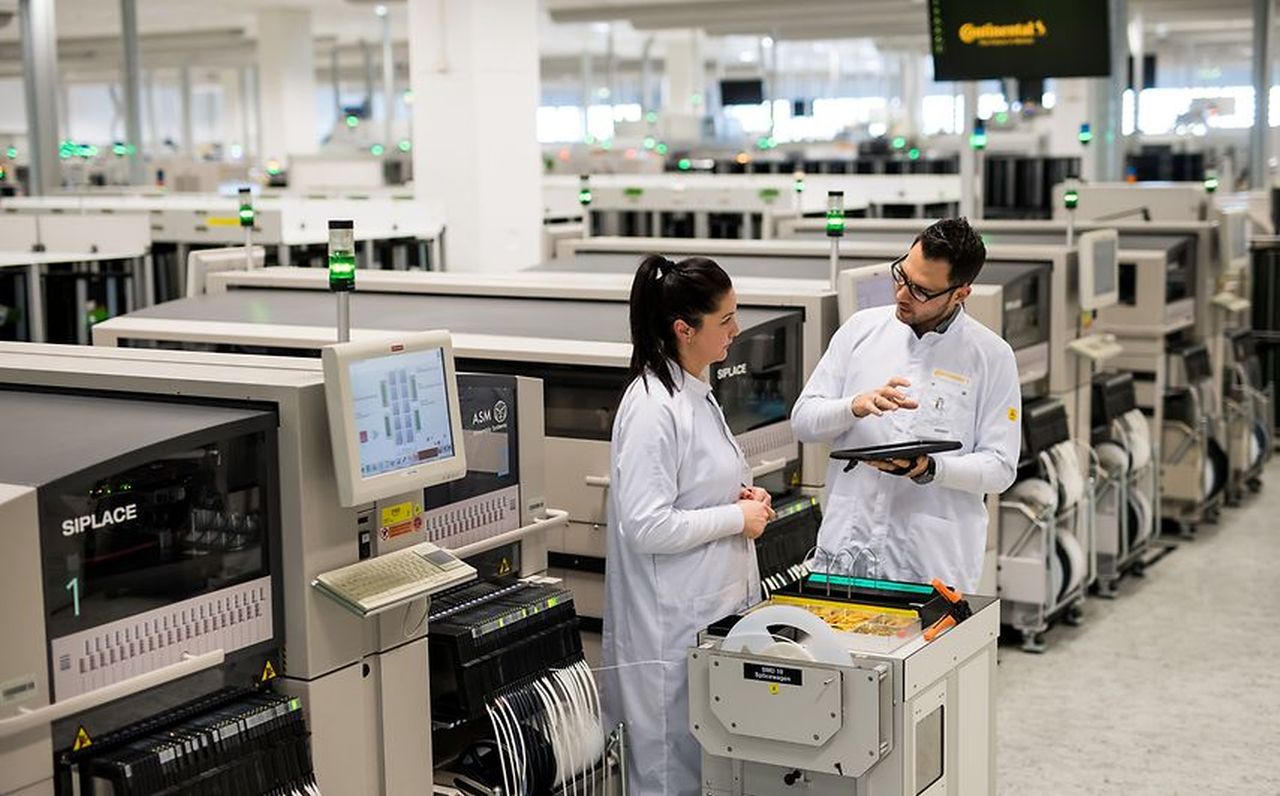The number of researchers in the European Union employed full-time (FTE) has increased in recent years, reaching 1.89 million in 2020, 546,000 more than in 2010, data published Thursday by the European Statistical Office (Eurostat) and cited by Agerpres show. Romania is also in last place in terms of spending on research and development (R&D) in 2020, with just 0.47% of GDP.
Urmărește mai jos producțiile video ale Economedia:
- articolul continuă mai jos -
Between 2010 and 2020, the number of researchers almost doubled in Greece and Hungary, totaling 41,800 and 42,000 respectively last year. The trend is similar in Poland, where there were 124,400 researchers in 2020, 59,900 more than in 2010. Relatively high growth rates were also recorded in the Netherlands (89%), Malta (69%), Cyprus (67%), and Ireland (66%), while the only Member State to report a decrease (7%) in the number of researchers was Romania.
In the EU, most researchers last year worked in the business sector (55%), higher education (33%), and government (11%).
In the rest of the world, the number of researchers in China (excluding Hong Kong) reached 2.11 million in 2019, with the United States in second place with 1.55 million researchers (2018 data), below the total number of researchers in the EU in 2020.
Between 2010 and 2019, the number of researchers in Turkey more than doubled to 135,500. South Korea has also seen a rapid increase in the number of researchers (63%) to 430,700. The rapid growth trend is also seen in China (74%, 2019 data). In the United States, the growth rate was 30% (2018 data); lower than in the EU, where the number of researchers increased by 41%.
In contrast, between 2010 and 2019 the number of researchers decreased by 9% in Russia and rose by 4% in Japan.
Other recent Eurostat data show that European Union (EU) Member States spent around €311 billion on research and development (R&D) in 2020, equivalent to 2.3% of GDP, with Romania at the bottom of the list, allocating just 0.47% of GDP last year. While Belgium and Sweden allocated 3.5% of GDP to research last year, followed by Austria (3.2%) and Germany (3.1%), six Member States allocate less than 1% of GDP to R&D: Cyprus, Bulgaria, and Slovakia (all-around 0.9% of GDP), Malta and Latvia (both 0.7% of GDP) and Romania (0.47% of GDP).

 Sursa foto: Continental
Sursa foto: Continental





























